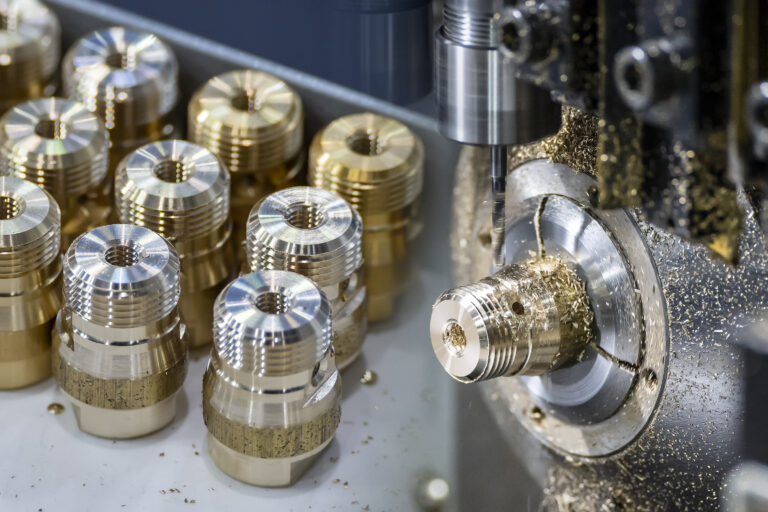Most Common CNC material

Alu Alloy: 6061-T6 Most popular material for CNC. Easy to get from the market, easy to machine. No problem with anodizing. Low cost. Available in all sizes, and all common shapes. T6 standard for a heat treatment method. T6 is…